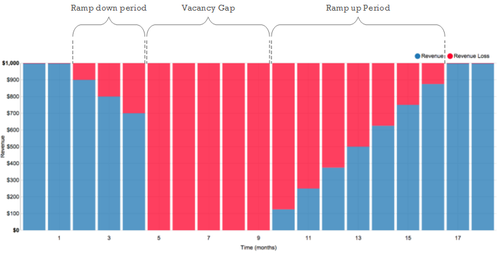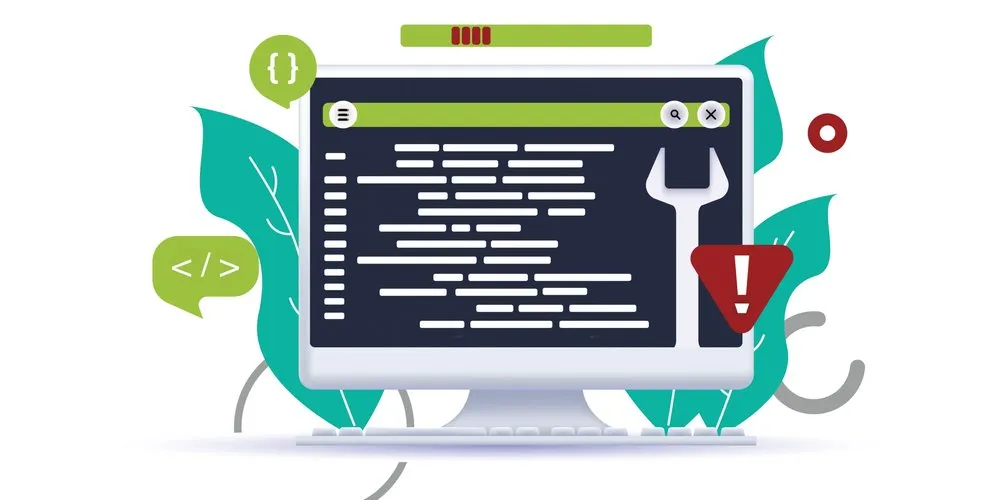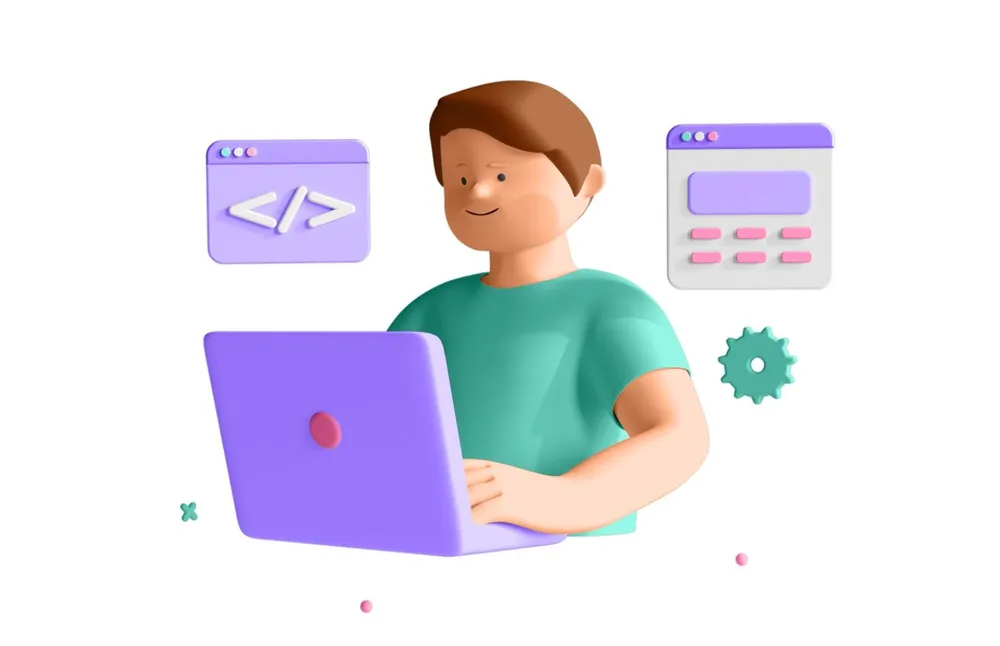Voluntary attrition is costly. This fact is well known. This becomes more prominent in industries where
salespeople play a much larger role in driving the top line. It is desirable to keep track of the salesforce
voluntary attrition rate on an ongoing basis and analyze attrition trends and patterns. You can read more about this here.
The important question, however, is “how do we quantify the effect of attrition on a salesforce?”. Is it
possible to estimate the financial impact of losing one salesperson? Can we create a model to understand the
impact and implications of various factors?

The key aspect to consider when calculating the financial impact of salesforce attrition on an organization is the
loss of productivity. While fixed transition costs like hiring, termination, and interview costs are important, the
loss of productivity during the transition period between losing one salesperson and replacing him/her with
another is the single largest source of financial loss that impact an organization on the whole from attrition.
This is especially pronounced when you have a recurring revenue model. Loss of productivity happens during the
ramp-down period (reduced productivity period before a rep quits), the ramp-up period (reduced productivity period
just after a new rep joins), and the vacancy gap (zero productivity period when no rep exists in the seat).
Incentius has created a standard cost of attrition model that you can tweak to your needs by using the
parameters you’ve estimated for your salesforce. Use it to estimate the budgetary impact of attrition within your
salesforce. Also, estimate the savings you’ll create by reducing attrition by a certain level. This helps you
allocate a budget to HR activities that help reduce attrition.
Access the model here.
Read more posts about other HR analytics here - http://www.incentius.com/blog-posts/analysis-of-internal-vs-external-hiring-decisions/
Would you like to get a sample salesforce attrition model for your company? Please email us at
info@incentius.com
And if you got this far, we think you’d like our future blog content, too. Please subscribe on the right
side.











